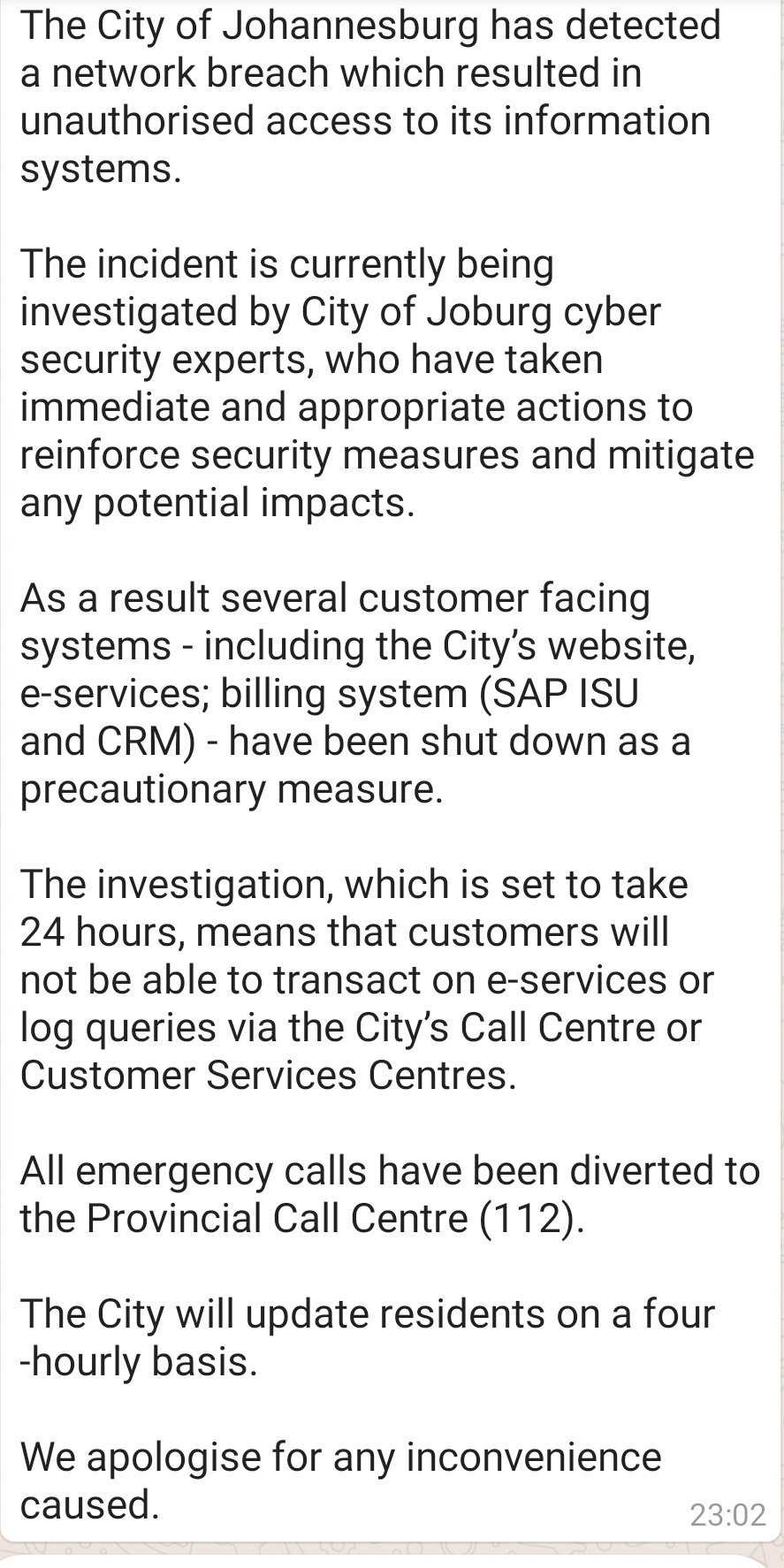A ransomware attack has impacted legal software platform provider TrialWorks, blocking roughly 5 percent of the company’s customers from accessing their case management accounts, according to The Miami Herald.
In response, TrialWorks may have paid the ransomware in a bid to decrypt the infected case management software systems, BleepingComputer speculates.
The attack apparently surfaced in early to mid-October, with some details surfacing in emails from TrialWorks over the past week. At least one law firm has been unable to access legal case documents from TrialWorks since October 11, the Miami Herald reports.
TrialWorks has hired cybersecurity consulting firms to assist the business recovery, multiple news stories say. However, current reports do not discuss whether the company proactively employed a managed security services provider (MSSP) for risk mitigation, data protection and business continuity services.
As of 2:00 p.m. ET on October 27, neither TrialWorks’ blog nor the company’s support site specifically mention the alleged business issue. MSSP Alert has reached out to TrialWorks seeking a status update on the apparent ransomware issue.
Ransomware Attacks Target Cloud Business Applications
In recent months, hackers have increasingly extended their ransomware attacks from on-premises systems to cloud-based and hosted business applications. Among the victims: Insynq, a cloud service provider (CSP) and hosted Quickbooks provider that suffered a ransomware attack in July 2019.
Credit: MSSP Alert






